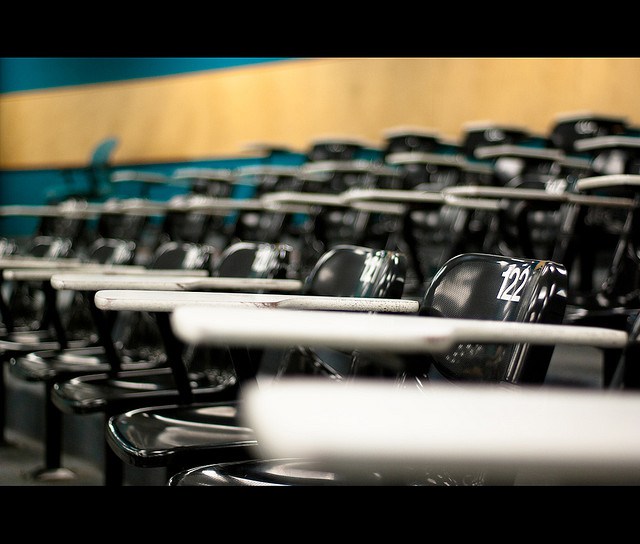“Coming Out” in the Classroom: When the Personal is Pedagogical
June, 2014 · By Justin Bengry
I’ve never come out to my students. I’ve never stood at the front of a classroom and told my students that I’m gay, and I’ve never told them witty anecdotes about my husband. That isn’t to say that I’m not completely out both professionally and personally (as google will immediately tell anyone). All of my academic bio pages highlight my work in queer history, and when introducing myself to new classes I describe my research on homosexuality and capitalism. Few students would be surprised to know I’m gay.
Still, I’ve wondered what impact explicitly identifying my sexuality would have on teaching, learning, discussions and the overall atmosphere of the classroom. That being said, my teaching so far has mostly included broad surveys of traditional European political history, courses whose structure and content was largely already determined for me. While I had the freedom to reorganize some lectures to explore topics in gender and sexuality, my own sexual identity has had little overlap with what I teach, at least so far. But looking ahead, I wanted to know how others navigate this potentially challenging terrain. So, I put the word out to friends, colleagues and mentors whose sexual identities are various and not always static. Each has chosen either to come out or withhold identifying their sexuality in the classroom for a variety of reasons, personal, pedagogical and political.
This post was originally published at “NOTCHES: (re)marks on the history of sexuality” on 10 June 2014.
Tags: heterosexuality, historians, history and activism, Homosexuality, pedagogy, sexual categories

Leave a Reply